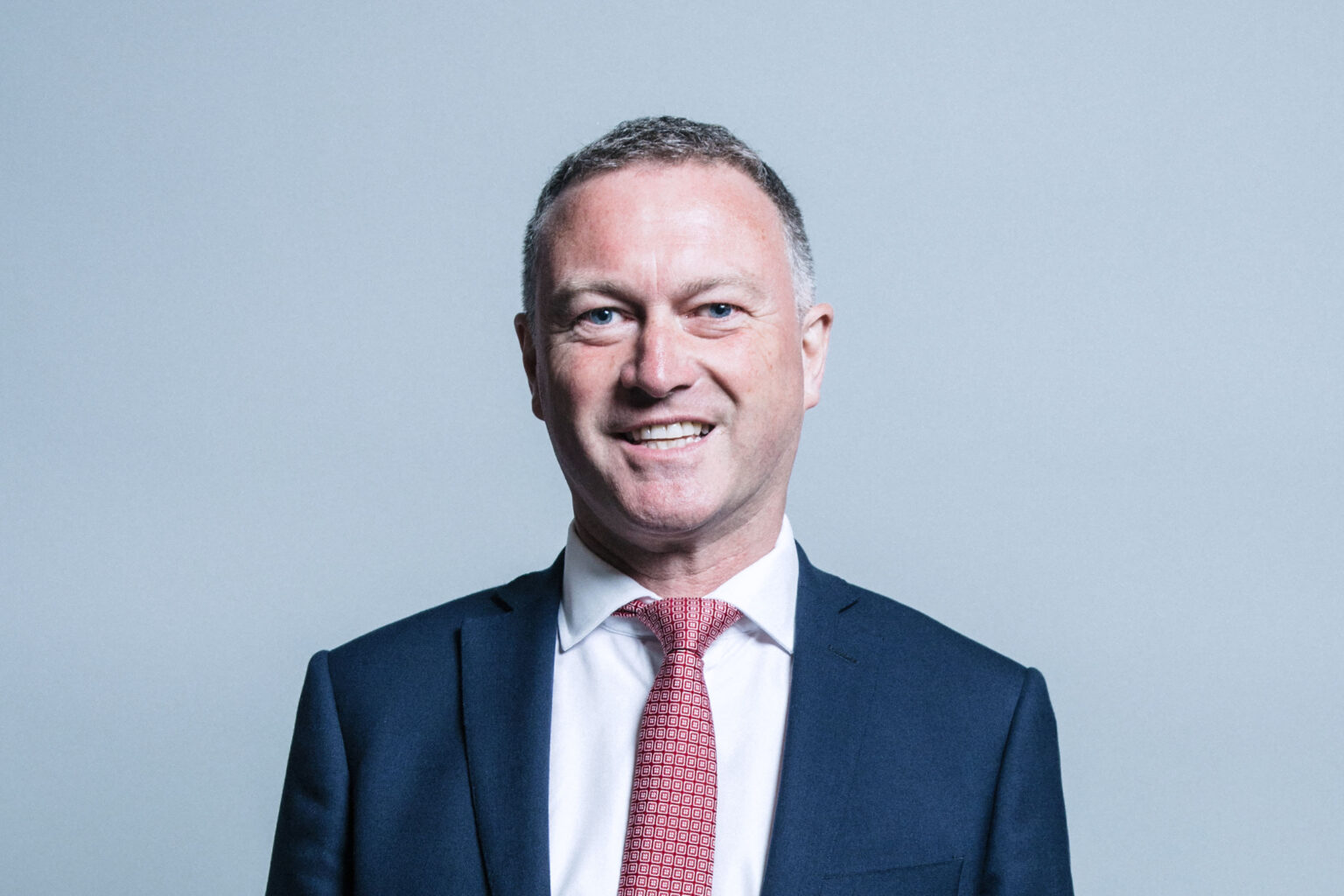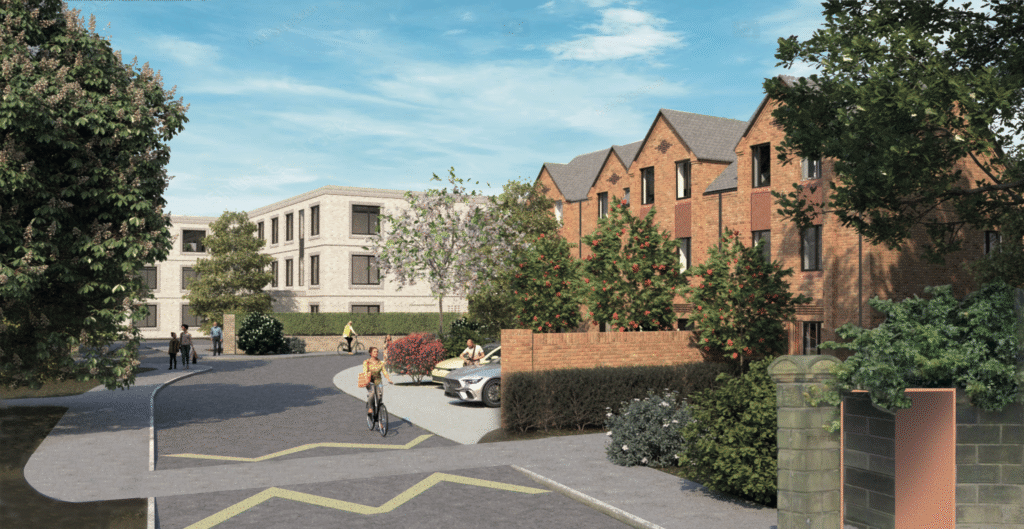The appointment of Rt Hon Steve Reed OBE MP as Secretary of State for Housing, Communities and Local Government marks a pivotal moment for our industry. His rallying cry of “build, baby, build” from earlier last month may sound like a slogan borrowed from across the Atlantic, but it shows a serious intent to accelerate house building across the UK.
Yet, the reality is far more complex for those who work on the frontline of unlocking land for new development.
Reed’s ambition to mobilise his government to deliver 1.5 million homes is laudable. The reinstatement of mandatory housing targets, the upcoming Planning and Infrastructure Bill and the new Homes Accelerator Programme all point to a government set to boost housing delivery and unlock supply. Despite these ambitious changes the UK still faces the same challenge: a planning system which is bottlenecked by a lack of local authority resource, capacity and speed.
At Muller, we’ve long championed collaborative planning. But collaboration only works when both sides have the bandwidth to engage. Right now, many planning departments are underfunded, understaffed and overwhelmed. The average Local Plan takes seven years to complete; the government’s goal to reduce that to two and a half is a welcome target, but achieving it will require far more than optimistic slogans particularly when looking at the challenges we face:
- Staffing shortages: Despite a £4.5 million boost to planning bursaries, councils continue to struggle with attracting and retaining skilled planners.
- Statutory consultee delays: In the past three years, over 300 applications have been escalated due to disagreements between consultees, including one in Bradford delayed over the velocity of cricket balls.
- Financial fragility: Councils such as Birmingham and Croydon have issued Section 114 notices, effectively declaring bankruptcy, leaving them unable to progress vital housing projects.
- Cumbersome processes: Even straightforward applications can face months of delay due to procedural complexity and inconsistent decision-making.
Change is coming – but will it be enough?
Angela Rayner’s earlier reforms sought to streamline statutory consultee processes and cut bureaucratic red tape. The upcoming Planning and Infrastructure Bill promises to fast-track 150 major projects and modernise local planning authorities. These are steps in the right direction, but implementation will be key.
There is a clear opportunity and a dire need to go further. Solving the challenges of the planning system must become a national priority. Without meaningful change brought at the local level, even the boldest ministerial aspirations will remain just that: aspirations. Reed’s rallying cry to “build, baby, build” will ring hollow if planning departments continue to face ever-increasing workloads while being under-resourced. The government’s ambition to deliver 1.5 million homes starts with fixing the system that approves it.
At Muller, we’re ready to support the government by delivering new sites ripe for development. But we also know that delivery depends on more than land and ambition, it depends on a functioning planning system. If Mr Reed is serious about unlocking Britain’s housing potential, we’d welcome him to visit and see first-hand the challenges and opportunities that exist beyond Westminster.



